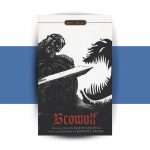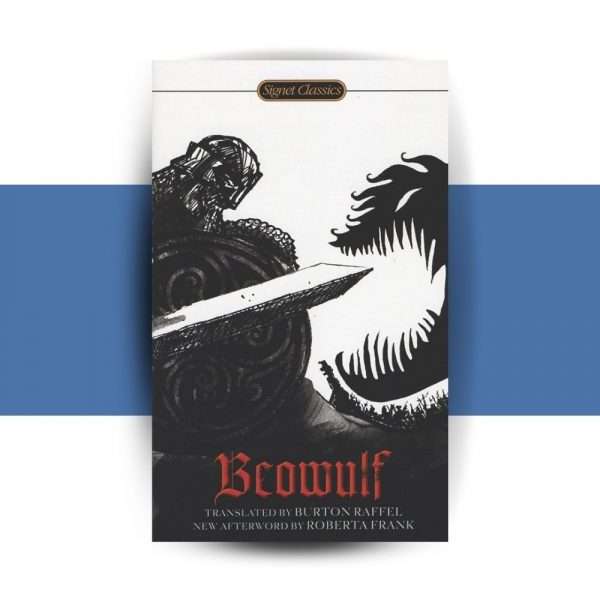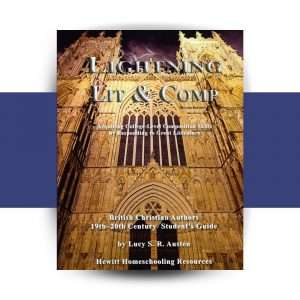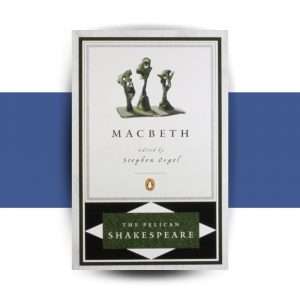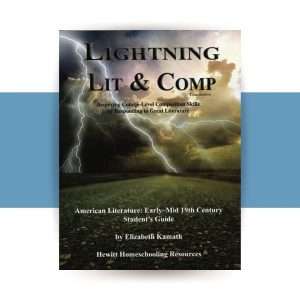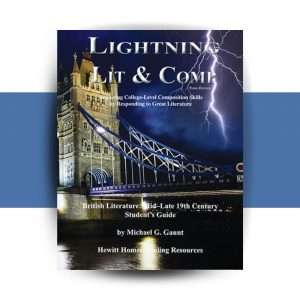Description
Beowulf, the earliest extant poem in a modern European language, was composed in England four centuries before the Norman Conquest. As a social document this great epic reflects a feudal, newly Christian world of heroes and monsters, blood and victory and death. Perhaps you will find Beowulf reminiscent of David’s valor and struggle with Goliath, but in any case his bravery and devotion will surely strike a match in your own heart and spirit as you read of his battle with evil, the monster Grendel.
The Signet Classic edition contains an introduction by Burton Raffel (who orginally translated the poem in 1963), glossary, genealogy chart, and afterword by Roberta Frank. This is part of Hewitt’s Lightning Literature & Composition curriculum
From our Guide by Michael G. Gaunt:
Beowulf, the poem you are about to read, began as just such a legend performed in just such a community. Who originally composed this version of the story, when or where, no one can really say. What we can say is that it did not start as a written poem. Throughout the Middle Ages, most Europeans were illiterate. They could neither read nor write, but that didn?t mean they were ignorant. They were able to do all they needed to do without having to write it down. . . . And they had the power to compose new poems, either using legendary material or current great events. There were stories of Arthur or other heroes, Alfred the Great and other kings, which would have been created as well. These people?the traveling poets and the members of the communities?knew words, they appreciated words and word-play, they loved poems and stories; they simply did not write these words down or read them from the page. . . . This is a beautiful poem, full of wonderful language, exciting adventures, and fascinating information about the period of time 1000 years ago and more.

